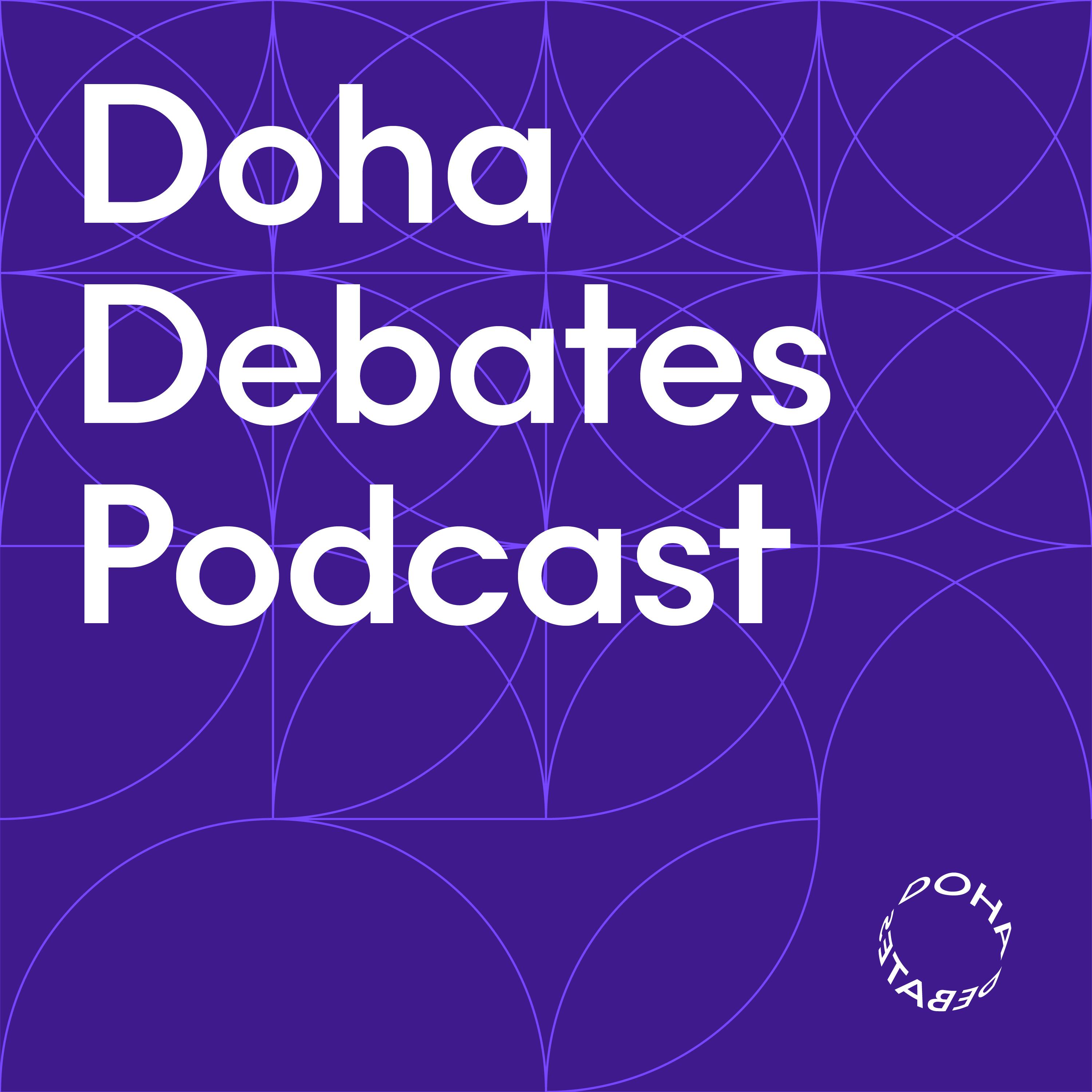Should everything be up for debate?
Description
At Doha Debates, we believe that debate can help solve some of the world's most challenging problems. But are there limits to what free speech and debate can accomplish?
Social media has allowed more people to connect and share their perspectives than ever before. That has led to an immense amount of learning and progress—but it's also led to an uptick in hate speech and misinformation, online and IRL. Today, anyone can have a platform—but should they? Is everything up for debate, or should some things be out of bounds?
Jacob Mchangama, founder and executive director of The Future of Free Speech think tank, argues that free speech and open debate are the only ways to build and secure open and tolerant societies. He thinks we should all be able to speak our minds, and says that engaging with people and perspectives we disagree with can help sharpen our own opinions or help us learn something new. Author and journalist David Stubbs says that unlimited free speech tends to favor extreme voices and that certain ideas, like climate denial, don’t deserve a platform and are “just plain wrong.” Listen to Doha Debates Podcast as these experts discuss the limits of debate and the future of free speech.
More Episodes
For the greater part of a century, conversations and narratives about global justice and free speech have been dominated by the West. From seminal works of history to newspapers of record to media networks to politics to public discourse, Western voices have often been louder than the rest.
And...
Published 07/16/24
Published 07/16/24
Climate anxieties—and global temperatures—are on the rise. According to the United Nations, if the planet warms by 1.5 degrees Celsius, we’ll be facing irreversible climate damage. To stop that increase, we need to reach net zero emissions by 2050. Reaching such an ambitious goal means changing a...
Published 05/14/24


